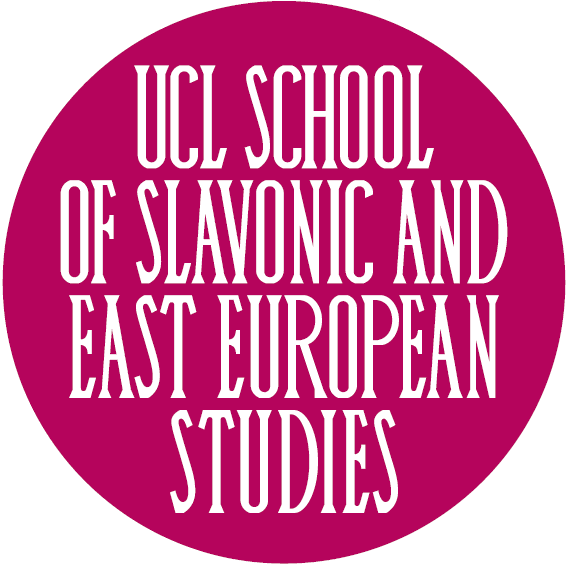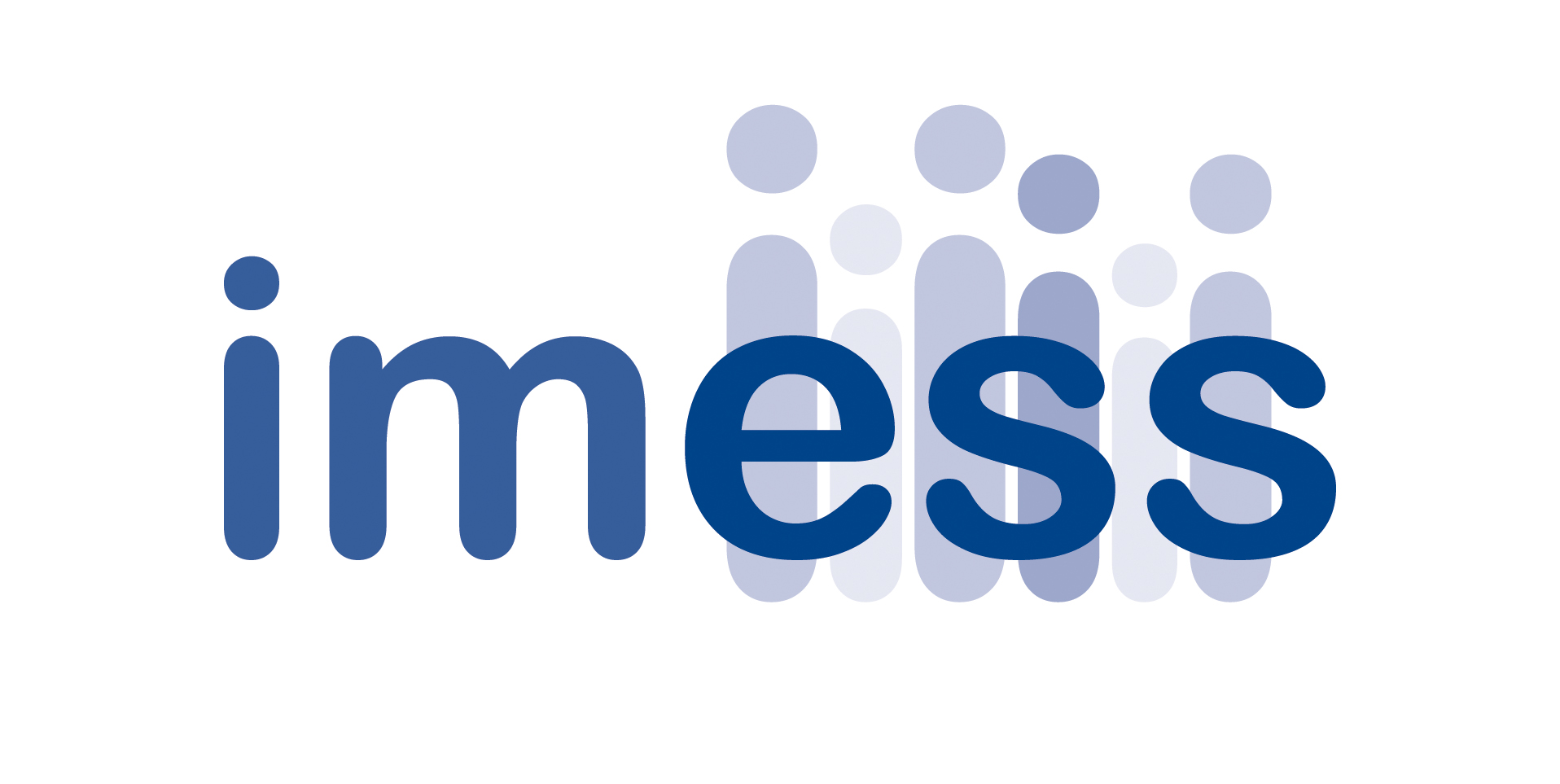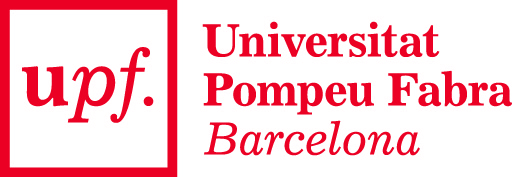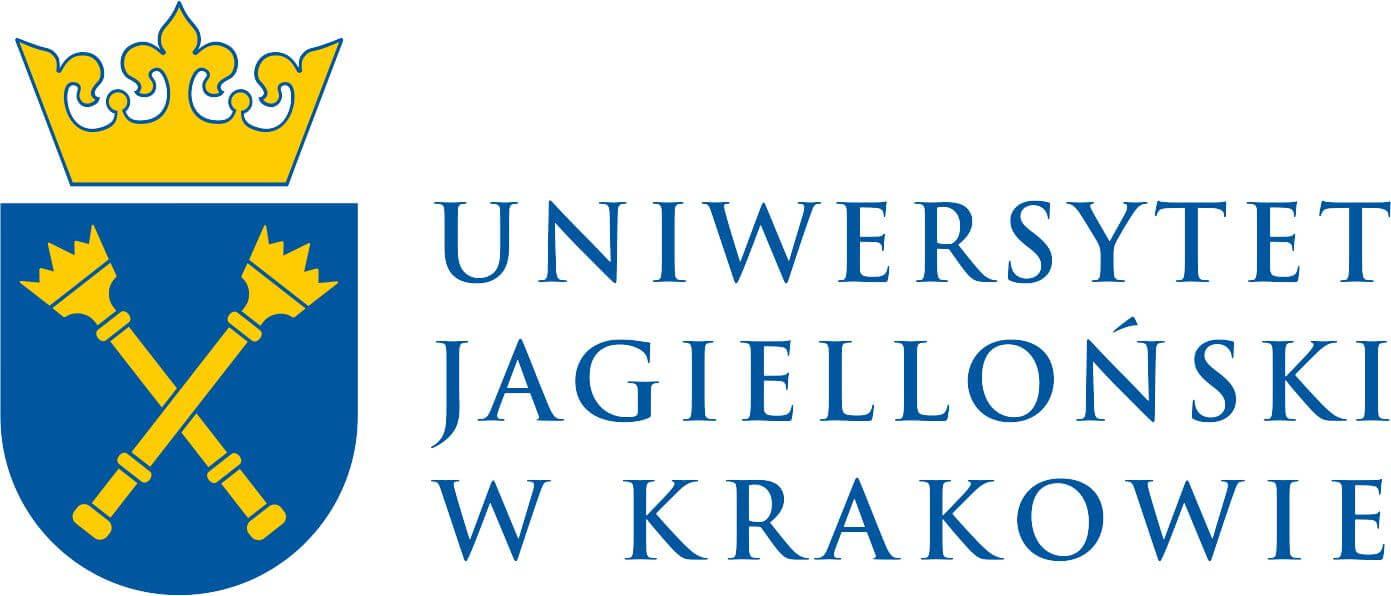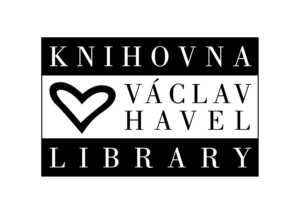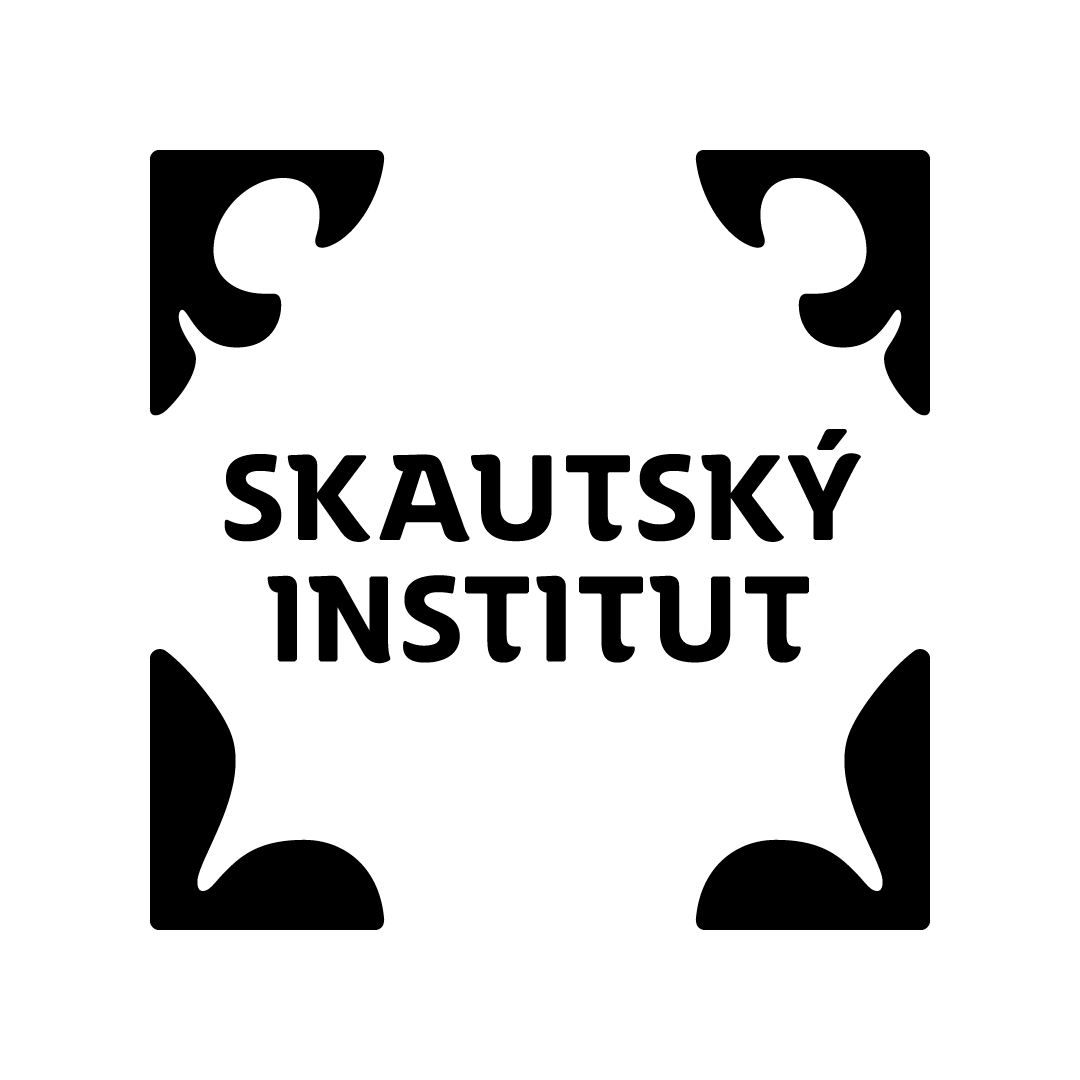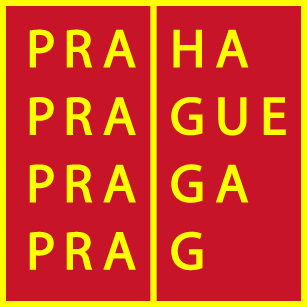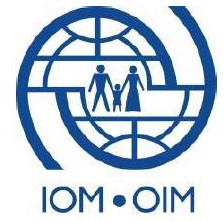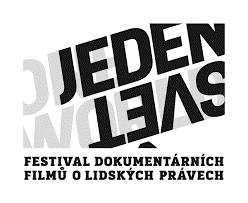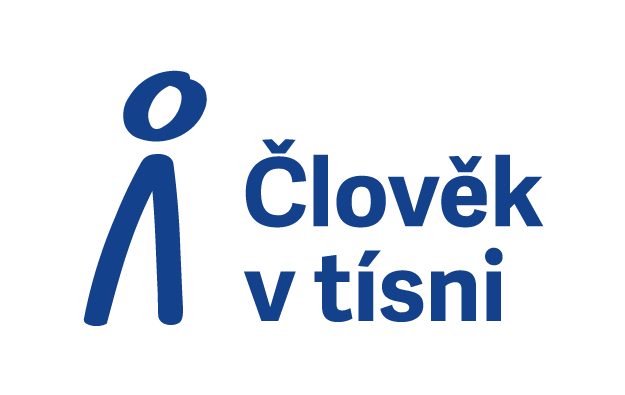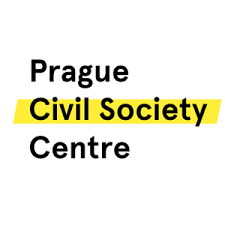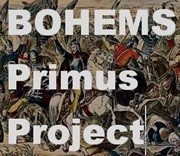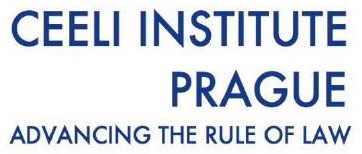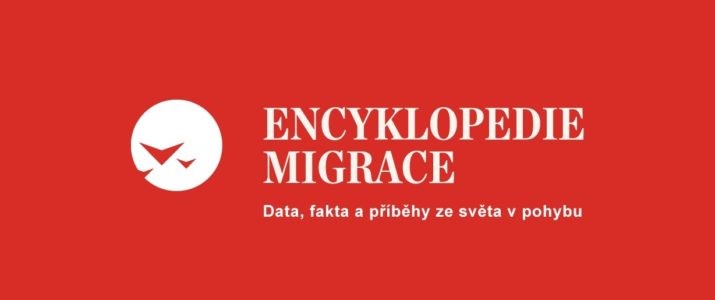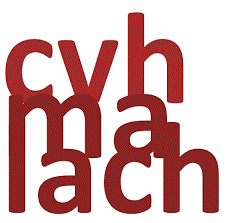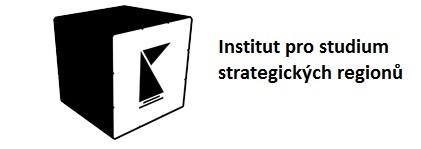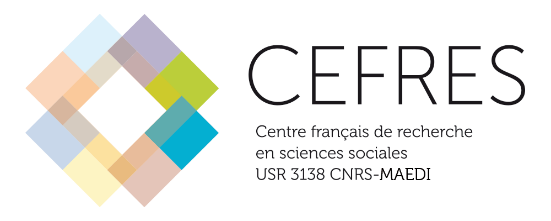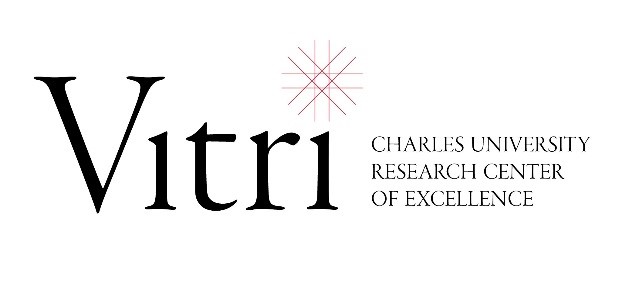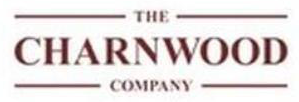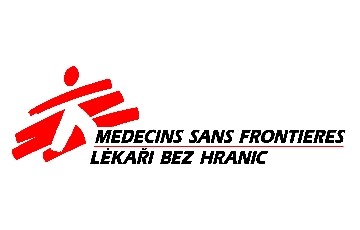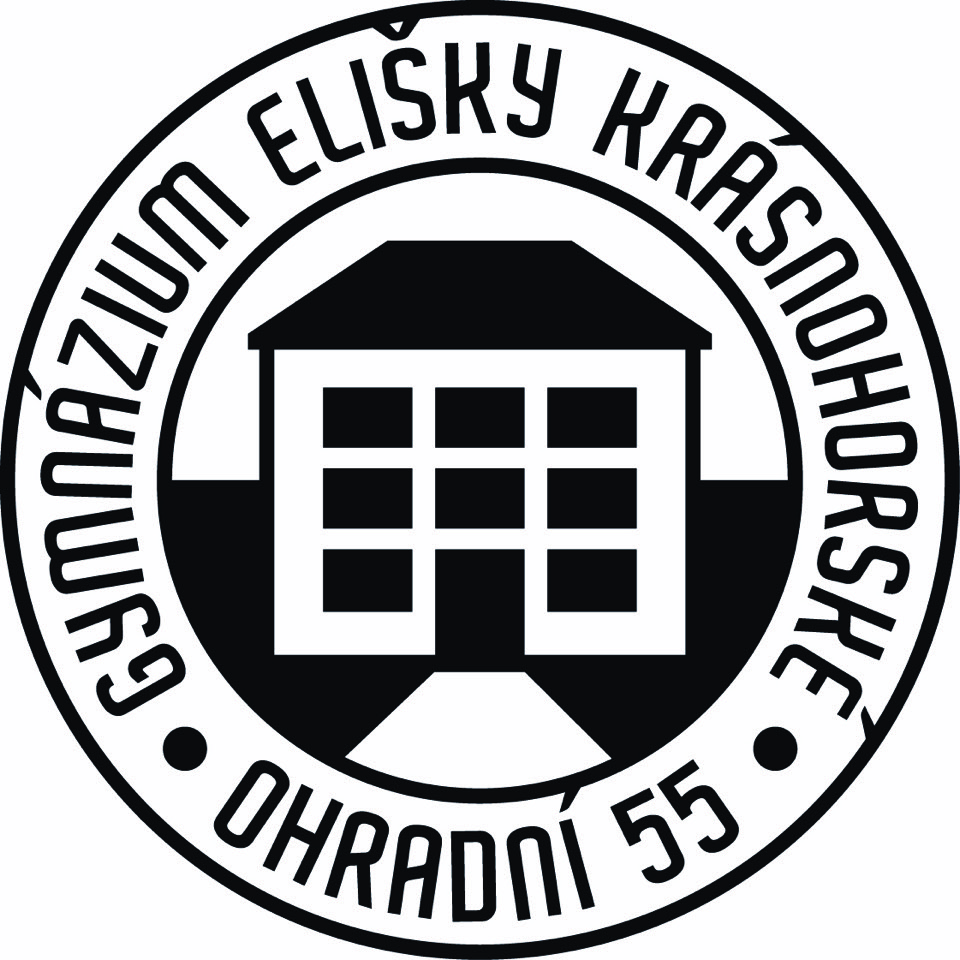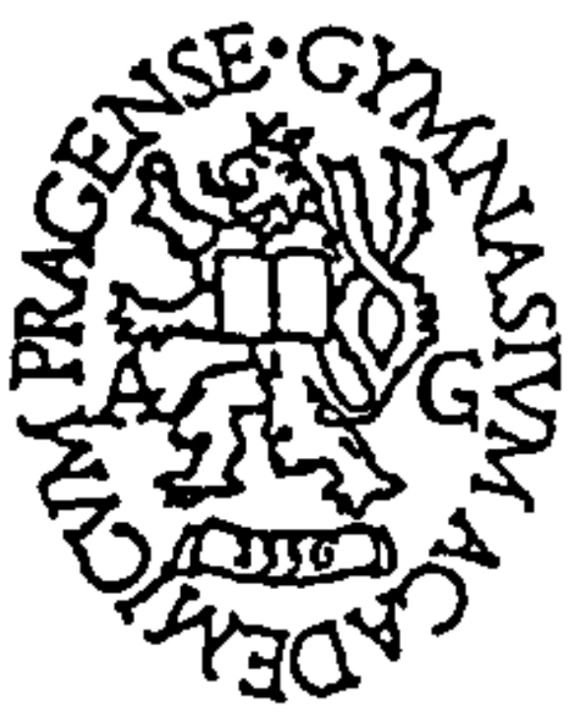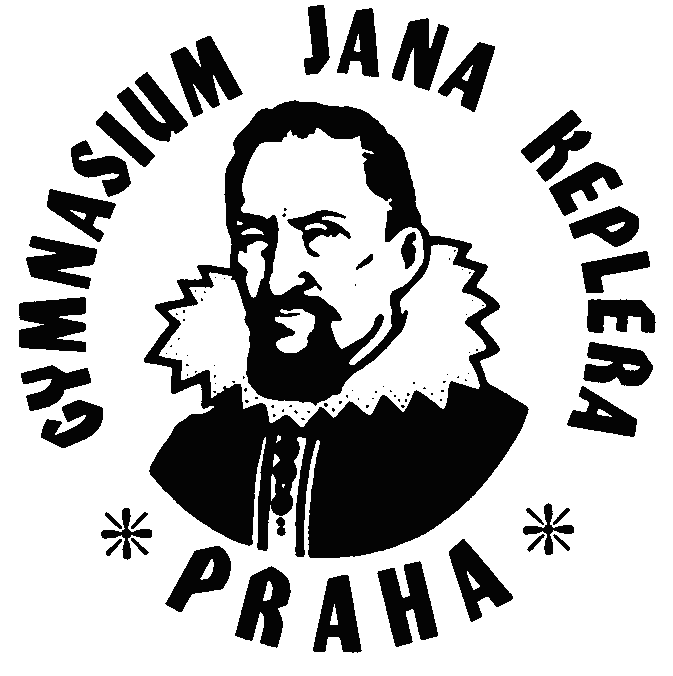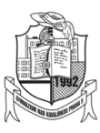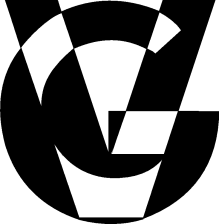Terminated projects
Terminated projects
TA CR - Possibilities of the Czech Republic in decision-making processes in the European Parliament
The project "Possibilities of the Czech Republic in decision-making processes in the European Parliament" was solved at the Department with the financial support of the Technology Agency of the Czech Republic within the Beta program. Its aim was to identify weaknesses and possibilities of improving the promotion of the Czech Republic's interests in the European Parliament (EP) and to formulate specific recommendations for the Czech state administration. These recommendations will be based on an analysis of the role of the European Parliament in the post-Lisbon European Union (focusing on the role in the legislative process and the relationship with other institutions), formal and informal decision-making processes in the EP, including their key moments. of EU Member States.
The output of the project will be a research administration containing recommendations for the Czech state administration, especially for the Ministry of Foreign Affairs of the Czech Republic.
The project at the Department of ZES was solved by Dr. Zuzana Kasáková and Dr. Tomáš Weiss.
The aim of the project is to share the experience of the V4 European Studies Centers with colleagues from Ukraine and Armenia. The project also aims to help build additional European Studies and Study Centers, share experiences, develop study materials and share contacts with similar centers in Western Europe.
Go East - Development of European Studies as a research and study discipline
A total of three workshops took place within the Go East project. The project was launched with the participation of partner institutions at a meeting at Mohyla University in Kiev, Ukraine in September 2012. Each workplace presented its concept of European Studies as a scientific and study discipline.
In December, a broader meeting of all partner institutions took place in Prague at Charles University in a 3-day workshop. During this working part, approaches to individual disciplines of European studies were confronted: history, political science, legal sciences, economics and culture.
The final meeting took place in April 2013 in Yerevan, Armenia, at the State Linguistic University and at the Center for European Studies at the Yerevan State University. In addition to many discussions with Armenian colleagues, there was also a discussion with students.
During the project, there was a mutual transfer of experience between the Visegrad countries and the Eastern Partnership countries in the field of European studies teaching, inter alia by the exchange of syllabuses, identification of key problems, specification of scientific research and teaching methods, teaching materials etc. studies in these countries.
The project participants created a working group. The project was conceived as a pilot and based on this, Charles University applied for the Jean Monnet Center of Excellence, focusing on Central European cooperation with an overlap with the Eastern Partnership countries. The grant application from the TEMPUS project focuses on the reform of study programs and curriculum content.
Project leader: prof. PhDr. Lenka Rovná, CSc.
Project duration: September 2012 - August 2013
ZES partners in the project:
- Univerzita Komenského v Bratislavě (Slovakia)
- Uniwersytet ekonomiczny w Krakowie (Poland)
- Budapesti Corvinus Egyetem (Hungary)
- National University of Kyiv Mohyla Academy (Ukraine)
- Analytical Centre on Globalisation and Regional Cooperation (Armenia)
EuropaNostra
The EuropaNostra project focused on a deeper understanding of the European Union (EU) issue to two target groups - students and teachers at secondary schools in the Czech Republic. A competition was organized for secondary school students, which had three rounds. Three-member teams of students first competed in an online test on the European Union, in which they were to demonstrate not only knowledge of the EU, but also the ability to search for information in the text. The best teams advanced to the regional round, where they worked on projects improving the situation in their surroundings and through which they applied for support from the Structural Funds. The best-processed projects were defended before an expert commission in the given region. In the national round, the teams represented the EU Member States, and during the five-day workshop they participated in various activities, from simulation games to the EU quiz.
A two-day workshop was organized for secondary school teachers, in which teachers learned about the latest developments in the EU, the key issues and the challenges that the European Union is currently facing. They were also acquainted with innovative methods of teaching about the EU, which they also tried in the workshop.
The EUROPANOSTRA project was funded by the European Commission under the Jean Monnet program "Learning EU at School" and was implemented from September 2012 to August 2013. The project was implemented by prof. Lenka Rovná, Zuzana Kasáková, and Radomír Špok.
SVV 2012
As part of specific university research in 2012, the Department of ZES participated in the project of the Institute of International Studies "Selected Problems of Public Policy in the Euro-Atlantic Area after 1945". As part of the project, the Department of ZES prepared a monograph on Immigration Policy in the European Union, which focused on immigration policy in the EU and its Member States, and several separate articles.
The project coordinator at the department was Tomáš Weiss.
EXACT
971/5000
EXACT is a pan-European doctoral program that began in January 2010. It focuses on the professional training of young researchers in the field of the European Union's external action. Charles University is one of the nine partner institutions involved in the project. EXACT enables the realization of individual research projects leading to Ph.D. published by two universities. For three years, young researchers have been involved in various activities both within their home institute and with other partner institutions.
In addition to academic and professional education, the program provides researchers with a wide network of contacts with academia and the private sector.
The program aims to critically examine external action within the EU. This area is one of the most inspiring topics in the field of both theoretical and empirical research for academics focusing on foreign policy research, international relations and European integration.
The other partner institutions are:
- University of Cologne (Germany)
- University of Edinburgh (Great Britain)
- The Centre for European Policy Studies /CEPS/ (Belgium)
- Trans European Policy Studies Association /TEPSA/ (Belgium)
- European Institute for Public Administration /EIPA/ (Netherlands)
- The Finnish Institute of International Affairs /FIIA/ (Finland)
- Istituto Affari Internazionali /IAI/ (Italy)
- Institute for World Economics of the Hungarian Academy of Sciences /IWE/ (Hungary)
Learn more at the website of the project.
Jean Monnet Centre of Excellence
The Department of West European Studies, Faculty of Social Sciences, Charles University in Prague, has been awarded the Jean Monnet Center of Excellence twice in a row, which is awarded by the European Commission to top European studies institutions. Along with Professor Rovná's Jean Monnet Chair Ad Personam personal award, the award allowed the department and its members to organize or participate in a number of seminars, conferences, and workshops.
More detailed information on the Jean Monnet Center of Excellence activities can be found in the project reports from 2006/7, 2007/8 and 2008/9.
MERCURY
The research consortium of the project "MERCURY - Multilateralism and the European Union in the Contemporary Global Order" set out to explore the concept of multilateralism and the role it plays in the European Union's external relations. The project running in 2009-2012 was financially supported by the European Commission from the 7th Framework Program and the Department of the Czech Republic also contributed to its solution. The project produces a number of electronic publications on multilateralism, which are freely available for download. In March 2011, a conference was held at the Charles University in the framework of the Mercury project, which you can read about in the summer issue of the project newsletter. Jiří Šedívý, First Deputy Minister of Defense of the Czech Republic, also took part in the conference.
ZES partners in the project were:
- University of Edinburgh (Great Britain) - the direction of the projet
- Universität zu Köln (Germany)
- Istituto Affari Internazionali (Italy)
- Sciences-Po (France)
- SIPRI (Sweden)
- University of Cambridge (Great Britain)
- University of Pretoria (South Africa)
- Fudan University (China)
The project coordinator at the department was Tomáš Weiss.
Promoting interest in the CFSP
The project "Possibilities and limits of national diplomacy after the ratification of the Lisbon Treaty in cooperation with the EEAS and the EU Presidency" explored the possibilities and channels of promoting the interest of midsize states in the current European Union after the creation of the European External Action Service. It is a project financed by the Ministry of Foreign Affairs of the Czech Republic, which took place in 2011-2012. Ivo Slosarčík and Tomáš Weiss, from the Department of ZES, together with Jan Karlas from IPS FSV UK and Vít Dostál from AMO participated in its solution.
Involvement of the Czech Republic in European security policy
The project "Involvement of the Czech Republic in the European Security Policy" aimed to analyze the functioning of the European Defense Agency and to evaluate the existing involvement of the Czech Republic in the emerging common European market in defense equipment. The project was financed by the Ministry of Foreign Affairs of the Czech Republic and took place in 2011. The project was supported by the Institute of International Relations. Vít Střítecký from IIR and Tomáš Weiss from ZES department participated in its solution.
The effects of the crisis in the Euro-Atlantic area
In the framework of specific university research in 2011, the Department of ZES participated in the project "Impacts of the crisis in the Euro-Atlantic area". Other researchers were the Department of American Studies and a number of PhD students from other IMS departments. The aim of the project was to analyze the consequences of the financial and economic crisis on various aspects of social and political life in Europe and North America. The output of the project was a joint monograph and a number of individual articles on the topic.
The project coordinator at the department was Tomáš Weiss.
EULEIT
Project "Key Concepts for the European Union after Enlargement: Fragmentation, Continuity or Reinvention?" was funded by the Volkswagen Foundation and co-ordinated by the Berlin Institute for European Policy, the University of Cologne and Charles University. The aim was to analyze the key concepts of European integration and their understanding in old and new member countries. The project started in 2005 and lasted until 2008.
As part of the project, a joint publication entitled Leitbilder for the Future of the European Union was created.
The project coordinator at the department was Jan Váška.
GAČR New Labour
The aim of the project was to analyze political and constitutional development trends in Great Britain in 1997-2007. The project focused in particular on the intersection of two main analytical lines: the erosion of the Westminster model and the New Labor government of Tony Blair, which the analysts consider to be a synthesis of the so-called third way of social and economic policies and post-Thatcherism.
Methodologically, the project focused on the application of classical approaches of comparative political science with an overlap with the concept of multilevel governance and theories of European integration.
The project took place in 2008-2010. It was financially supported by the Grant Agency of the Czech Republic.
The project coordinator at the department was Lucie Jůzová.
CONSENT
The aim of the project "EU-CONSENT - Wider Europe, Deeper Integration?" was the creation of a network of research centers for joint research and teaching on "Creating a new Europe". The project involved 54 institutions from EU Member States and Candidate Countries and was funded by the European Commission from the 6th Framework Program.
During the project, which took place in 2005-2009, the partners organized joint conferences and seminars, joint research, traditional and e-learning and provided internships to young researchers. Joint publications and databases, such as the E-Library or a multilingual glossary on the enlargement and deepening of the EU, were also created and are available at the web site of the project.
The project coordinator at the department was Tereza Hořejšová.
EUPOLIS
The main objective of the EU-PO-LIS (European Polity Post Lisbon) research group was to contribute to the academic debate on the development of the EU on the basis of the reforms of the founding treaties with a focus on the Lisbon Treaty. It is an ideal subject of academic reflection on the quasi-constitutional development of the European institutional structure. Members of the EUPOLIS Group set themselves the objective of reflecting the Lisbon Treaty from the perspective of more social sciences (political sciences, law and history) and from a transnational perspective.
The project took place in 2009-2010. It was financially supported by the European Commission under the Jean Monnet program.
The partners of the ZES Department in the project were::
- Universität zu Köln (Germany)
- University of Liverpool (Great Britain)
- Sciences-Po (France)
- METU (Turkey)
- BECSA (Bulgaria)
In March 2010, the ZES Department organized a conference in Prague as part of the project.
For more information, see the website of the project.
The project coordinator at the department was Lucie Jůzová.
Europeum
Creation of a program of education of public administration and private sector in European affairs Europeum has become an important step towards linking European courses to the whole FSV and strengthening internal cooperation at the FSV. The program, which was praised in many government documents and considered unique to its kind throughout the Czech Republic, was coordinated by the ZES department and prepared in cooperation with the Faculty of Law of Charles University and the Ministry of Foreign Affairs of the Czech Republic.
The program consisted of four study modules:
- European Union (history, institutions, policies),
- European economic integration,
- European Law a
- Preparation for the Czech Presidency of the EU Council.
The project coordinator at the department was Zuzana Kasáková.
CONNEX
Coordinated by the Mannheim Center for European Social Research and funded by the 6th EU Framework Program, the "CONNEX - Connecting Excellence of European Governance" project focused on analyzing effective and democratic multi-level governance in the European Union. The network included 43 partner institutions from 23 European countries and more than 170 scientists. The project started in 2004 and lasted until 2008.
The aim of the project was to integrate independent basic research and to involve experts from different disciplines. The partner organizations organized conferences, seminars and courses. The project outputs contributed to the public debate on European governance and its future. More information about the project is available at its web site.
The project coordinator at the department was Ivo Šlosarčík.
Research Training Network
The "Research Training Network - Dynamics and Obstacles of European Governance" project was coordinated by the University of Maastricht and funded by the European Commission. Its main objective was to provide young researchers with space for research into governance in Europe. The project lasted three years and focused primarily on the theme "Dynamics and obstacles to governance in Europe".
Six European universities participated in the project. In addition to Maastricht University and Charles University, these included the University of Southern Denmark in Odense, the University of Mannheim and Munich (Germany) and the University of Westminster in London. Two scientists (from Ireland and Germany) worked at the Department of ZES and worked on specific research projects. They also participated in teaching and other activities of the department.
The coordinator of the project at the department was Lenka Škrábalová.
TEMPUS - Institution Building - European Studies
The award of the TEMPUS grant in 1999 has helped not only to establish many important contacts, but also to build a European Studies Classroom with state-of-the-art technical equipment and the foundation of the European Studies Library. The aim of the project was to build a sustainable platform that will continue to develop activities in the European Union - in particular to raise public awareness of the European Union and the Czech Republic's relationship with the organization, conduct research activities, train various target groups - high school and university students. , through public officials to representatives of the non-profit sector and the commercial sector.
The main outcome of this project was the EUROPEUM civic association, later renamed Institute for European Policy EUROPEUM, which associates PhD students and supporters of the Department of West European Studies at the Faculty of Social Sciences, Charles University. EUROPEUM and the ZES Department share space in Rytířská 31, creating a platform that has earned considerable public recognition in the first years of operation. EUROPEUM has been publishing the INTEGRACE magazine until 2005, focusing on European issues and involving students. Currently, the Integration articles are available on the Institute website.
IGC Net
The project "IGC Net - Anatomy, Analysis and Assessment of the EU Constitutionalisation" was a working group of five leading European studies experts, Jean Monnet Professor holders, from five EU Member States (Czech Republic, Ireland, Germany, Poland, Austria). The aim was to analyze the key areas of the draft Treaty establishing a Constitution for Europe ("European Constitution") from the perspective of different disciplines (economics, law, political science) and from different national perspectives. For the most part, the project was funded by the European Commission from the Jean Monnet program.
The IGC Net project took place in 2004-2005 and together with its professors involved doctoral cycle students and young researchers from their workplaces, for whom it represented not only valuable experience in joining the European research community, but also the opportunity to attend professional seminars in abroad and publish the results of their work outside the Czech Republic. On behalf of Charles University was prof. Lenka Rovná, head of the ZES department, who dealt with the Convention as a new deliberative method of preparation of the founding treaties of European integration.
The project coordinator at the department was Jan Váška.
INTER
This international project (carried out in 2002 - 2005) aimed to contribute to improving the quality of education for future and practicing teachers. However, the project outputs, the methodological guide "INTER Guide. Practical Guide to the Implementation of Intercultural Education in Schools", the DVD "Kaleidoschool" and the "List of Resources" database can serve anyone interested in the principles or practical aspects of multicultural education or multiculturalism in general. In line with the policy pursued by the European Union, they promote intercultural and inclusive access to education and facilitate its practical application. The guide and booklet for the DVD are available in several language versions, including English and Czech (note: they have not been edited, this is a pilot version), the DVD has English subtitles. The project, funded by the EU Comenius program, was awarded the "Evens Prize" for 2005.
At the department, Laura Laube and Martina Kalinová were responsible for the project.
Further information can be obtained at the website of the project INTER.
TRANSWORLD
The consortium of researchers of the project "TRANSWORLD - Redefining the Transatlantic Relationship and Its Role in Shaping Global Governance" set out to explore the current state of transatlantic relations and find new ways in which the European Union and the United States can influence global governance. The project started in March 2012 and will last three and a half years. It was financially supported by the European Commission from the 7th Framework Program. The thirteen members of the consortium include leading European and American universities and research institutes. The Department of ZES participates mainly in work packages on safety and environmental policy and participates in other project activities.
ZES partners in the project are:
- Istituto Affari Internazionali (Italy) - direction of the project
- University of Edinburgh (Great Britain)
- Sciences-Po (France)
- German Marshall Fund of the United States (United Staes of America)
- Freie Universität Berlin (Germany)
- Sabanci University of Istanbul (Turkey)
- Royal Institute of International Affairs-Chatham House (Great Britain)
- European University Institute (EU)
- University of Siena (Italy)
- University of Mannheim (Germany)
- European Omnibus Survey-TNS Opinion (Belgium)
- American University (United States of America)
More information can be found at the wesite of the project.
The project coordinator at the department is Tomáš Weiss.
BRIDGE - Jean Monnet Centre of Excellence
The aim of the project is to analyze the current state of transformation and accession processes in Central and Eastern European countries and their attitudes towards further EU integration. The question arises as to whether companies in Central and Eastern Europe have already completed this phase and are complete democracies with a fully functioning market economy. The project hypothesizes that this phase has not yet been fully achieved. Research focuses on specific external and internal factors (eg political culture, "path dependence", lack of political debate, weak civil society, the problem of corruption, political clientelism, EU crisis, Russian Federation influence, etc.) the above transformation has been fully completed.
Researchers and their doctoral candidates from Central and Eastern Europe, together with their Western European colleagues, will explore the specificities of transformation and development in Central and Eastern European countries and the way their attitudes towards the EU are affected in three research groups. The results of this research will be used in teaching and communicating the EU to the wider public or teaching.
The project is coordinated by prof. Lenka Rovna (Jean Monnet Ad Personam), leaders of individual research groups (doc. JUDr. PhDr. Ivo Šlosarčík, LLM., Jean Monnet Chair, Prof. Oldřich Dědek and Wadim Strielkowski, Ph.D., Tomáš Weiss, PhD and Adéla Jiroudková) together with an advisory committee consisting of experts from partner institutions that have a long tradition of cooperation with Charles University.
The Rebuilding Europe project with a partner university in Gothenburg also continues within the framework of this grant.
Download the minutes of the Steering Committee Bridge meeting in February 2014 here.
Download minutes of Steering Committee Bridge meeting in June 2014 here.
Download minutes of Steering Committee Bridge meeting in November 2014 here.
Download minutes of Steering Committee Bridge meeting in June 2015 here.
The project has three research groups:
- Good Governance Towards Democracy (doc. Ivo Šlosarčík, Jean Monnet Chair)
The issues of transition to a pluralist parliamentary democracy, political system, political parties, institution building, the deficit of meeting the Copenhagen criteria and its impact on corruption, etc. will be examined.
- Economic Governance (prof. Oldřich Dědek a Wadim Strielkowski, Ph.D.)
The main economic challenges facing Central and Eastern Ervopa will be examined, along with factors such as the consequences of the transition from a centrally planned to a market economy, as well as a proposal to deepen economic cooperation within the EU, etc.
- Spiritual Europe, values and identities (prof. Lenka Rovná, Jean Monnet Chair Ad Personam)
The historical roots and political culture of the individual states of Central and Eastern Europe will be examined as well as their path dependence influenced by history and political culture and their impact on their approach to European integration. As part of the Table Society Europe project regularly discusses the role and place of Central Europe and the Czech Republic in the world.
Members of the Advisory Board were:
|
|
Prof. PhDr. Silvia Miháliková, PhD., Jean Monnet Chair, Dean of the Faculty of Social and Economic Sciences, Comenius University, Bratislava, Slovakia |
|
|
Prof. Tibor Palankai, Jean Monnet Chair
Corvinus University, Budapest, Hungary |
|
|
Prof. Helena Tendera – Wlazsczuk, Jean Monnet Chair, Head of the Department of European Economic Integration, University of Economics, Krakow, Poland |
|
|
Sciences-Po, Paris, France |
Project activities:
Table companies are regularly organized as part of the project.
More about individual meetings here.
|
October 2013 |
Lecture of prof. Wolfganga Wesselse "A Vision For Post-Crisis Europe: Towards What Kind of Political Union?" |
|
October 2013 |
Grand Opening of the Jean Monnet Center of ExcellenceVideo from the event. |
|
May 2014 |
Doc. Šlosarčík attended the conference in Dublin Marking 10 Years of the Biggest EU–Enlargement: Reflections on the Future Political, Economic and Security Challenges of the European Union" with a contribution on the development in Czech Republic |
|
July 2014 |
Workshop "Pasts and Societies in Central Europe: An Ethnography of the Production of Knowledge about the 'German Past'" in the frame work of the Spiritual Europe, values and identities package |
|
November 2014 |
Workshop “Rule of Law in New EU States and the Impact of the European Union” in the framework of "Good Governance" package |
|
June 2015 |
Workshop WG2 Economic Governance and regulation |
|
July 2016 |
Final conference, program |
Publications within the framework of the project or related to it
|
2013 |
Report of I. Šlosarčík on the transformation of the judiciary in the Visegrad Group |
|
2014 |
Article of W. Strielkowský on the motivation for migration between the Eastern neighbors and the EU in the journal Economics and Sociology |
|
2015 |
Special issue of journal Economics and Sociology with contributions made under the Economic Governance package |
|
2015 |
Article of I. Šlosarčík, Card games and tricks of national parliaments in the European Union |
|
2015 |
Article of I. Šlosarčík, Elections to the European Parliament and the Constitutional Court of the Czech Republic |
|
2015 |
Article of P. Bauer and B. Spálová in Revue d’études comparatives Est-Ouest, Vol. 47, Issue 01-2 |
Teaching materials:
|
T. Weiss: Internal and external security policy of the European Union |
|
|
L. Rovná: Migration Crisis, 2016 |
|
|
L. Rovná: Rebuilding Europe, 2016 |
|
This project was supported by the Lifelong Learning Program of the European Union. |
|
TACR - Promoting Czech Interest in European Policies
The project "Promoting Czech Interest in European Policies" was solved at the Department with the support of the Technology Agency of the Czech Republic within the Omega program. He focused on the current practice of influencing European policy by Czech representatives in selected policies and evaluating the strengths and weaknesses of the current situation. Based on this research and good practice from comparable Member States, the research team formulated a methodology with specific recommendations for the Office of the Government of the Czech Republic on how to improve the promotion of Czech interests at European level.
The project output was a research report and a certified methodology.
The project was led by doc. Tomáš Weiss and dr. Zuzana Kasaková, prof. Ivo Slosarčík, dr. Lucie Najšlová, Věra Pachta and Jan Fischer.







